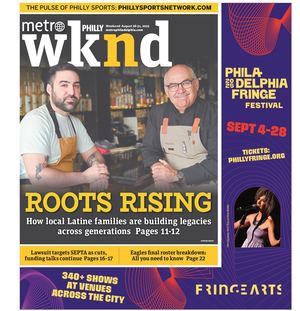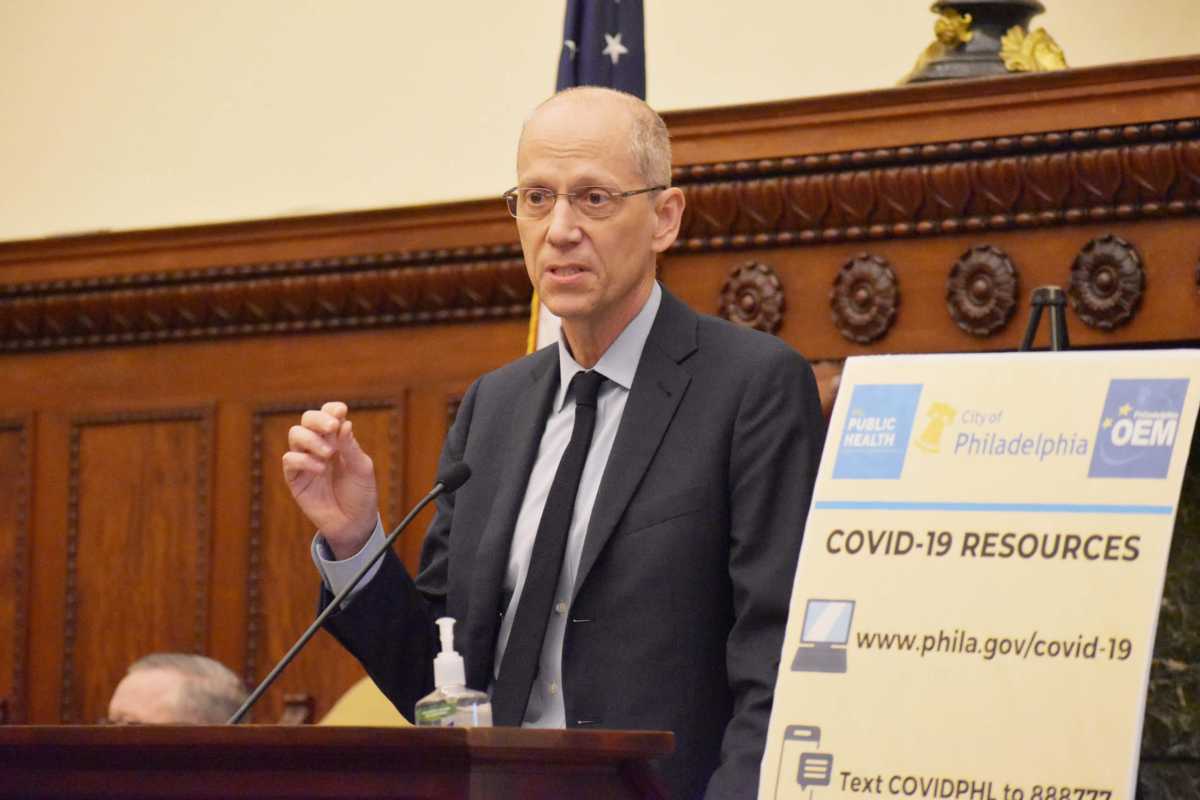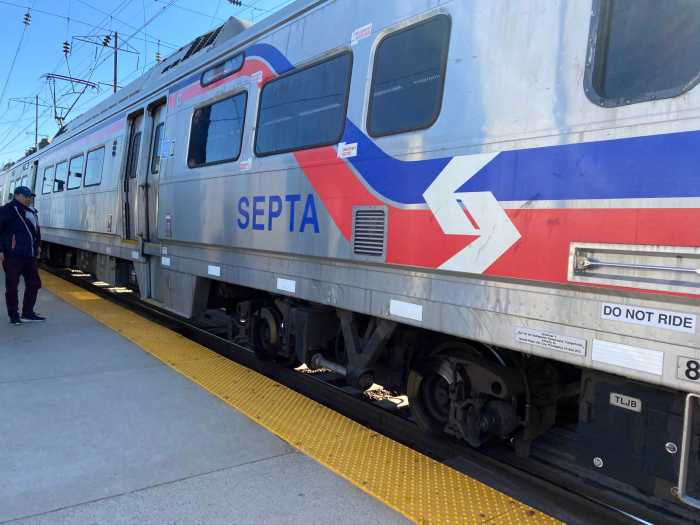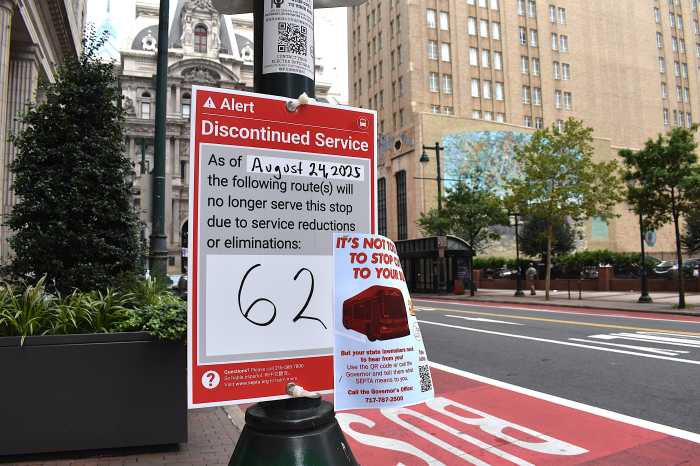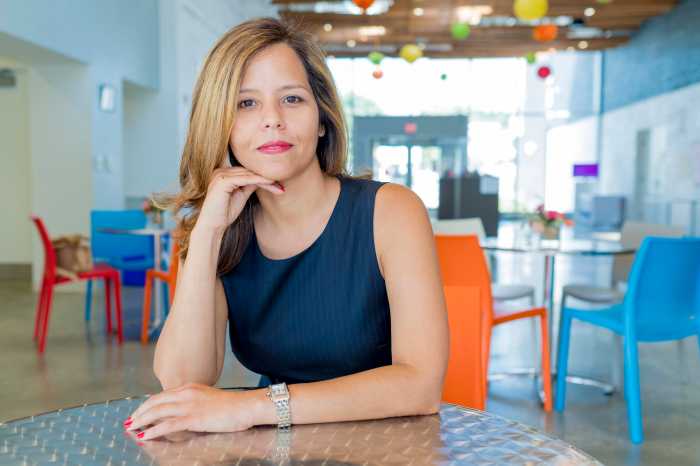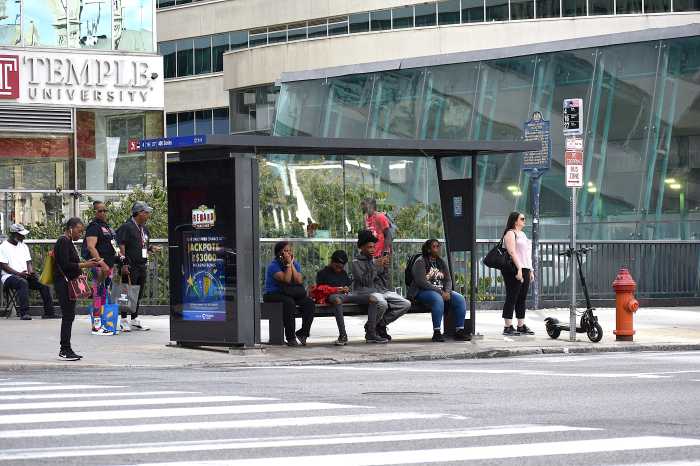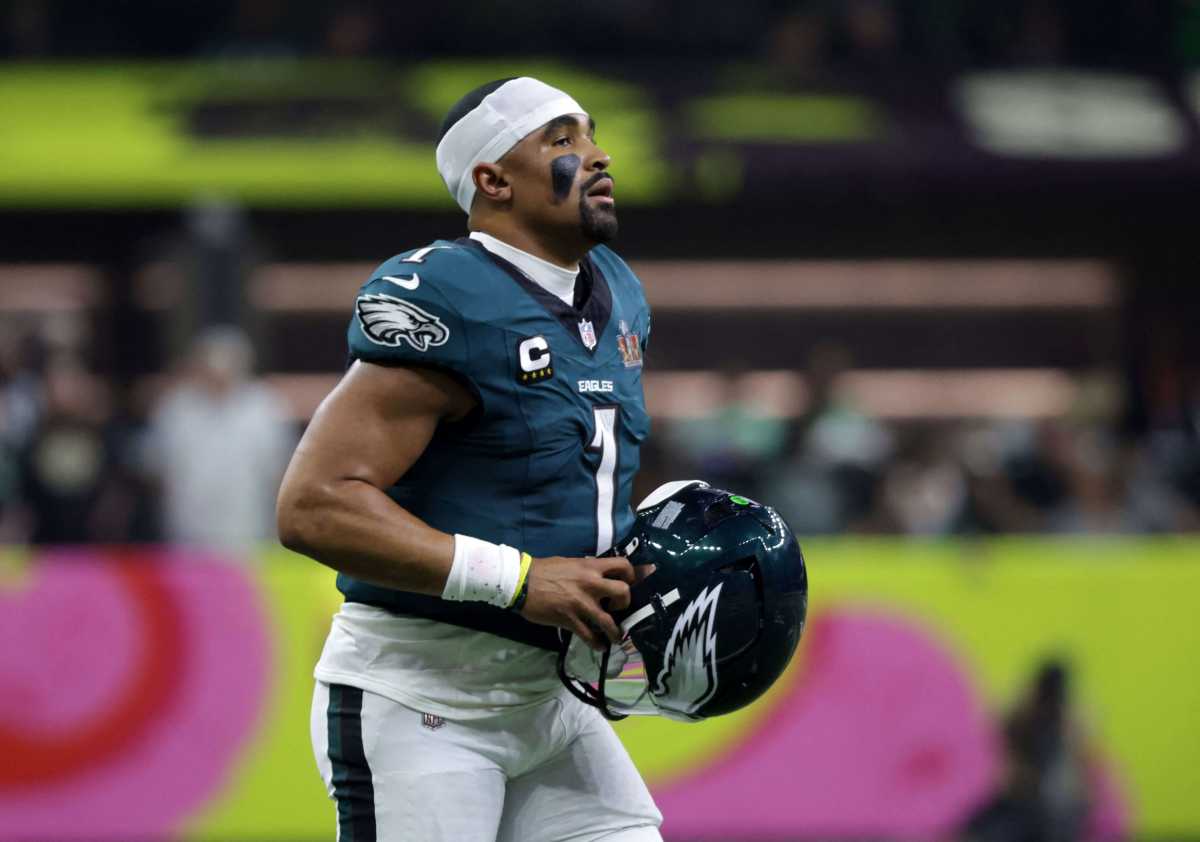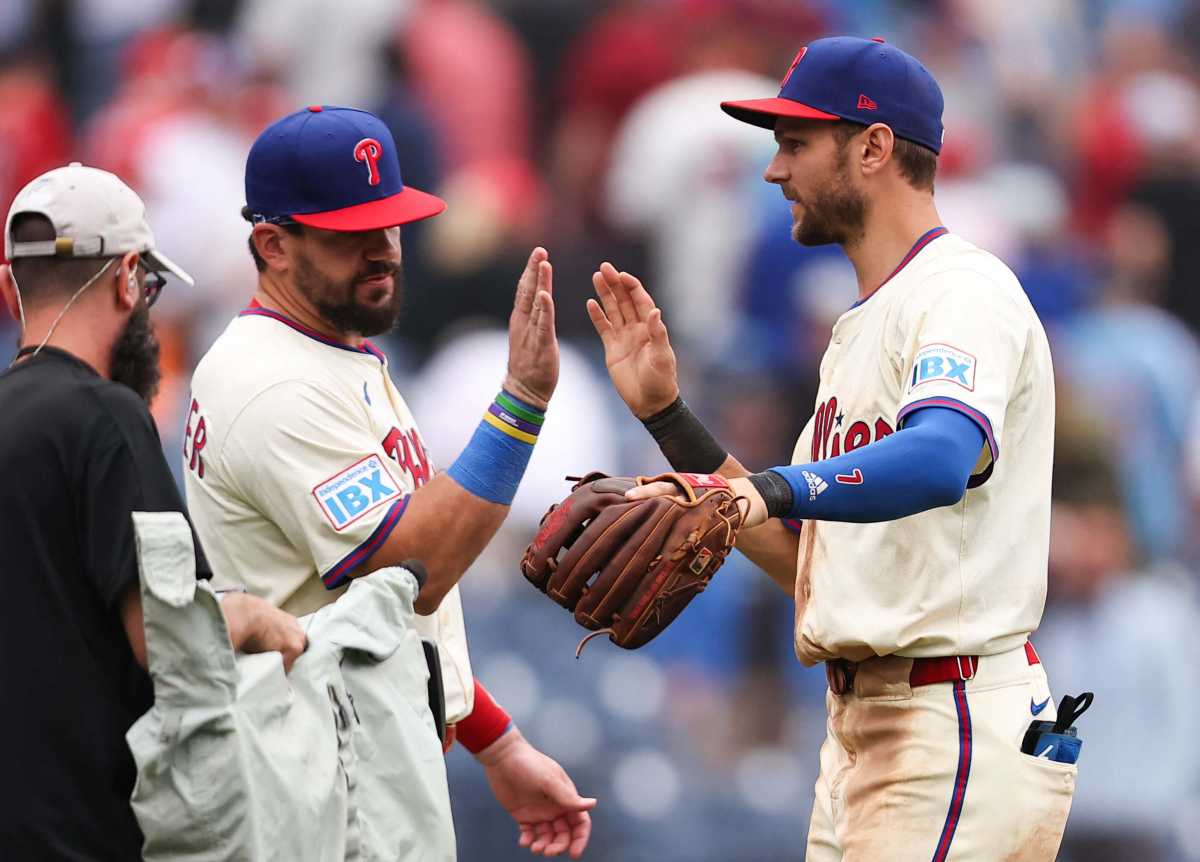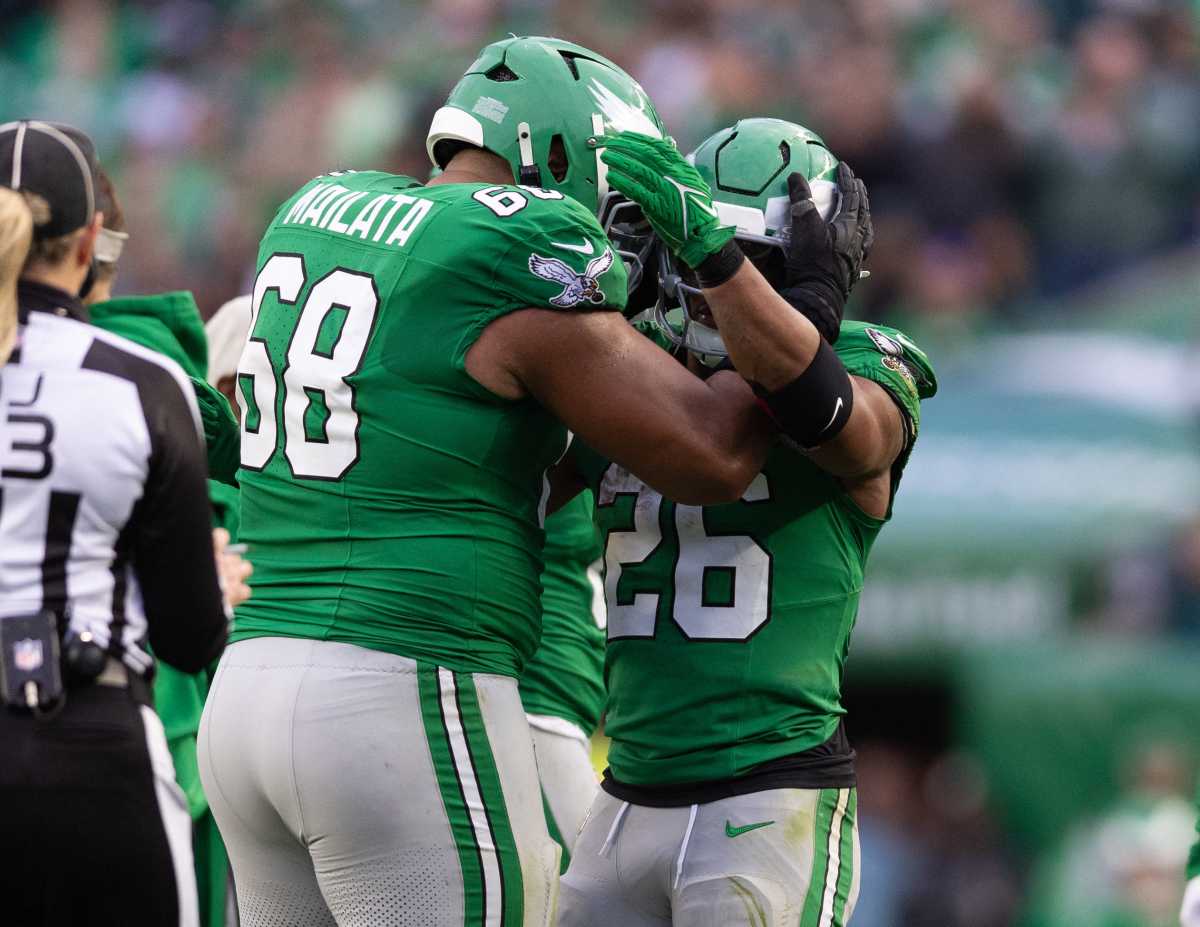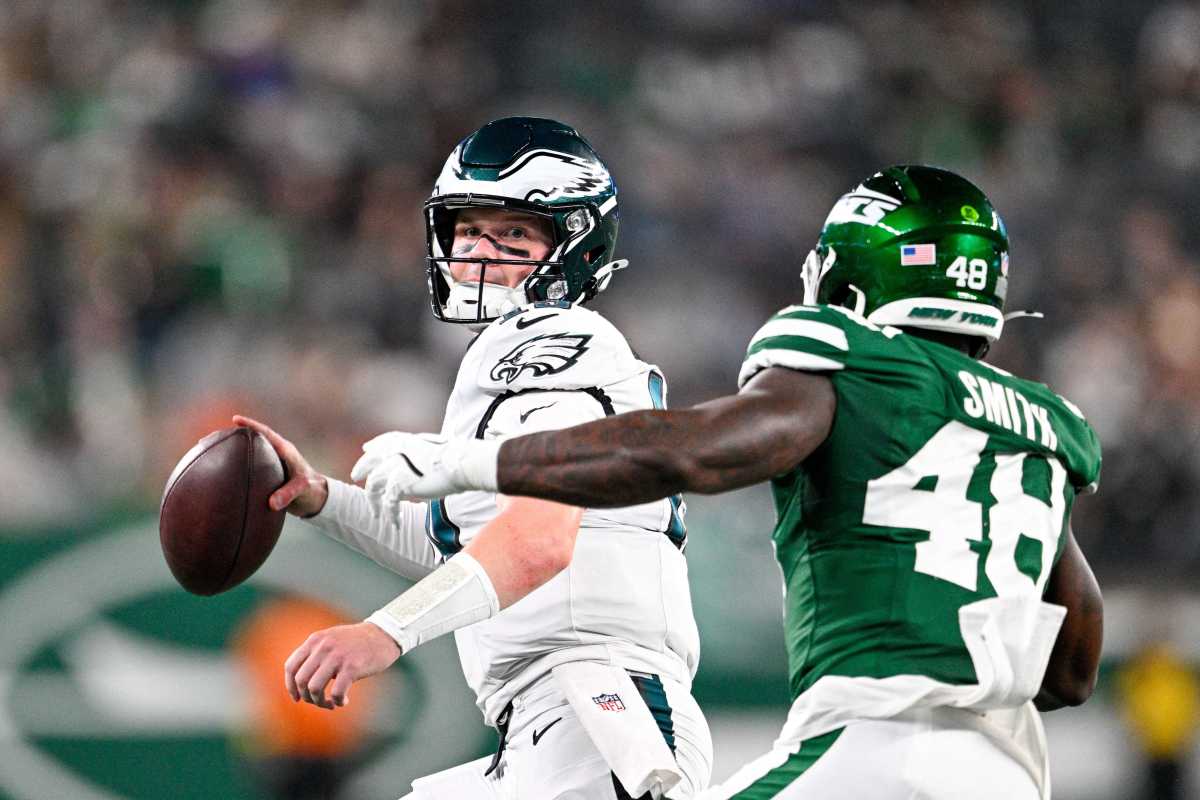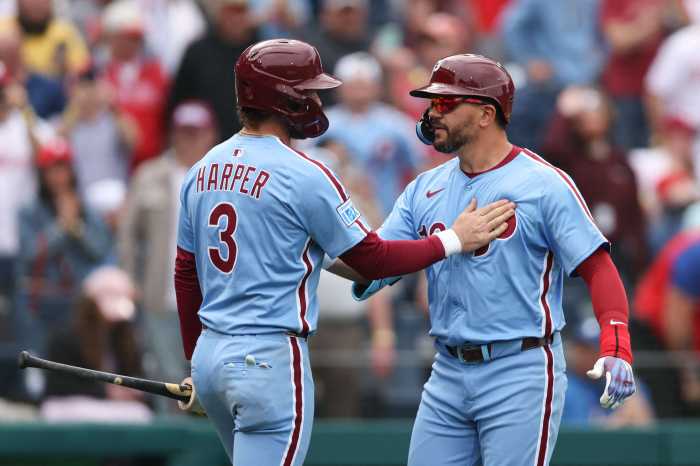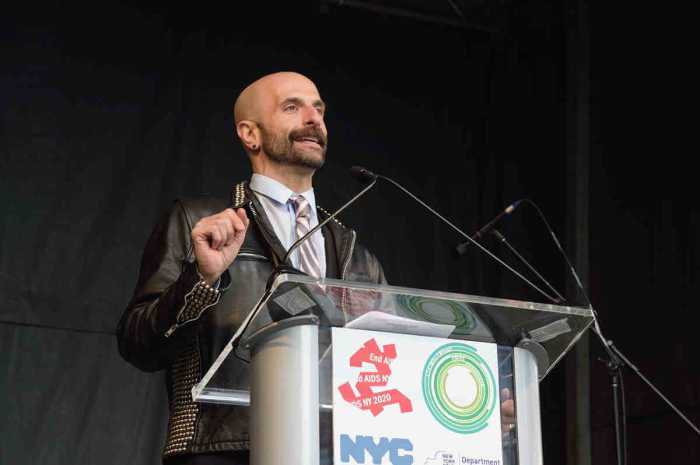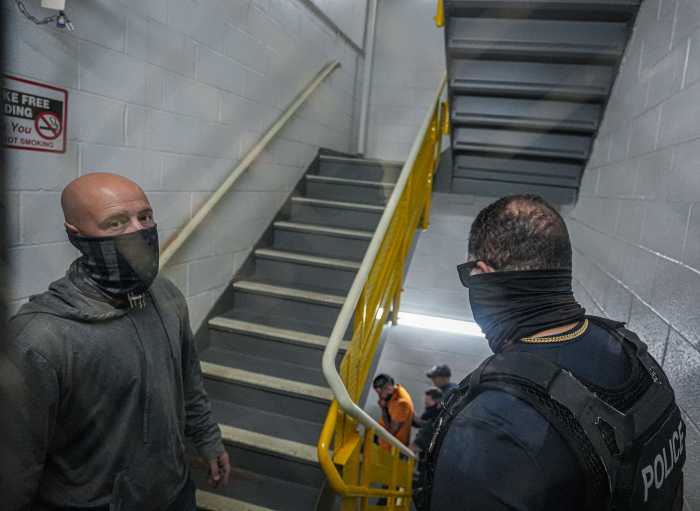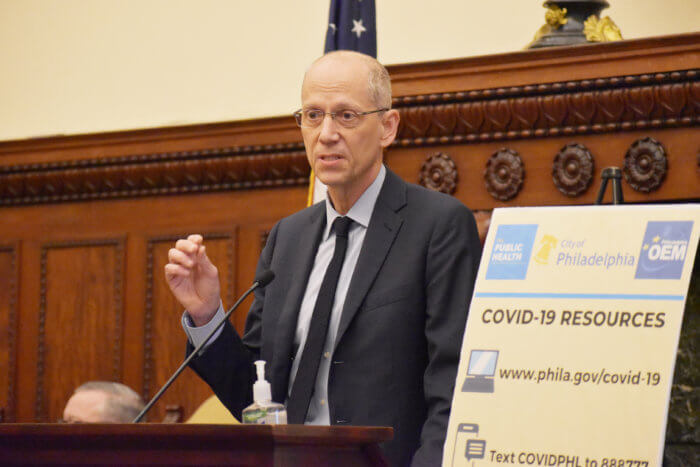
Philadelphia Health Commissioner Thomas Farley said Thursday that the COVID-19 pandemic is about to “get real” for city residents.
“Up until now, for most people, this has been something that is very theoretical, something you see on television,” Farley said. “We expect that many people in Philadelphia will get this infection.”
Farley announced 10 new coronavirus cases Thursday, bringing the city’s total to 44. It’s less than the 14 cases reported Wednesday, but Farley said he expects those numbers to rise as more people get tested and show up to emergency rooms with symptoms.
“We have to assume that this virus is spreading very rapidly through the City of Philadelphia,” he said.
In the city, eight patients have been hospitalized with the virus, and 20 of the cases involve healthcare workers, who Farley said are most vulnerable to the virus. He said the cases are not confined to a particular hospital or facility.
City officials are in contact with 160 people who have been exposed to coronavirus patients. Statewide, there are 185 COVID-19 cases, with one death reported in Northampton County.
Earlier this week, state and city officials ordered nonessential businesses to shut down, and more restrictions appear to be on the way.
“We’re also reevaluating restrictions in Philadelphia based on latest health data and information, and we expect to have further details on additional restrictions tomorrow,” Managing Director Brian Abernathy said during a Thursday news briefing.
Abernathy declined to discuss what additional measures the city is considering.
Farley said 14 coronavirus testing sites are now scattered throughout the region, with an additional five expected to open early next week.
A government-run site being established near the sports complex in South Philadelphia could open as soon as Friday afternoon, he said. It will prioritize healthcare workers with symptoms and people 50 and older.
People interested in getting tested cannot just show up at a site, Farley said. They should contact their doctor who will determine if they need to get tested.
The most common COVID-19 symptoms are a fever, dry cough and severe fatigue.
Due to a shortage of testing swabs, Farley said people who are young and healthy should not get tested, even if they have symptoms.
Meanwhile, a fund led by the United Way of Greater Philadelphia and Southern New Jersey and the Philadelphia Foundation has been established to support nonprofits that still have to serve people during the coronavirus crisis.
It’s starting off with about $6.4 million, but philanthropic leaders hope to grow that total in light of the city’s poverty rate, which hovers at around 25 percent.
“The reality is, in our region, we have some of the most challenged communities anywhere,” said Bill Golderer, head of UWGPSNJ.
“For us to really show up and show out for our neighbors in this critical moment, we need to have the largest fund of any of its kind of any of our peer cities because the need here is the greatest,” he added.
Mayor Jim Kenney said it was “very heartwarming” to see how donors stepped up to launch the fund.
“I’ve called for dollars, of course, in my career for years, and it’s not always a pleasant thing to do, but this was really inspiring,” he said.
Nonprofits that operate in 11 counties in Pennsylvania and New Jersey can request a grant through the fund’s website, phlcovid19fund.org.
Many organizations are in need for volunteers during the outbreak. People interested in helping those in need can use the city’s volunteer portal, serve.volunteermatch.org.
